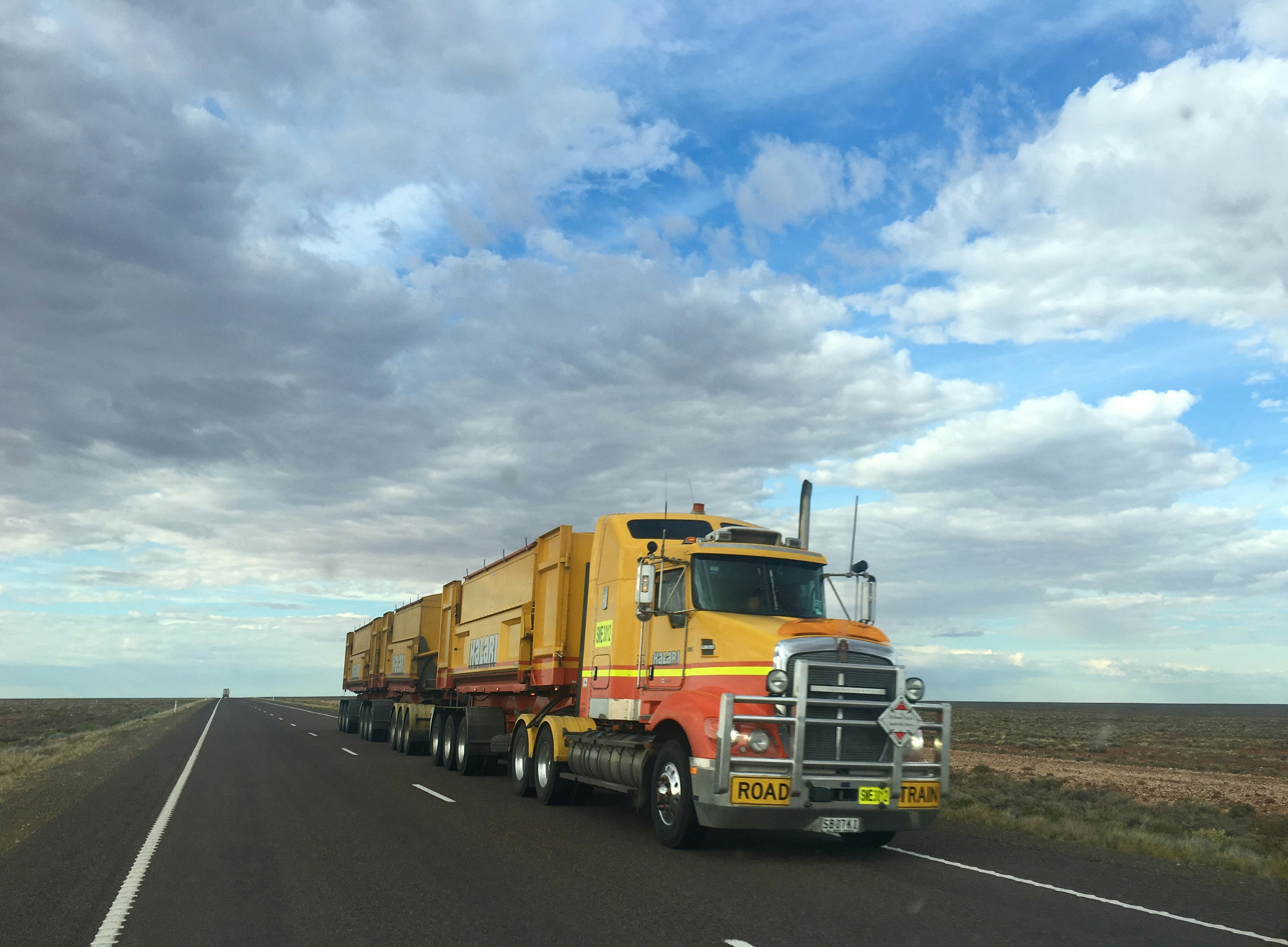If you have been looking for a way to boost your business while reducing time spent on the road, starting a freight brokerage may be the perfect solution for you. While it used to be quite difficult to start a freight brokerage company, new regulations created in the 1970s now make this opportunity more attainable for individuals across the country.
No experience? No problem. In our comprehensive guide on how to become a freight broker, we debunk the myth that prior industry experience is necessary. Discover essential strategies and insights tailored for beginners looking to enter the logistics world. From understanding industry regulations to mastering negotiation tactics, this guide equips you with the knowledge and confidence to kick-start your career as a freight broker. Explore the possibilities today and embark on a rewarding journey in the logistics industry.
Step 1: Gain Industry Experience
To facilitate relationships in the trucking industry, it is important to understand the ins and outs of the transportation industry.
Insider knowledge and understanding of the industry is a great place to start. Whether you’ve worked at a shipping company previously or with another freight brokerage, this work can give you insights into what one side of the industry is looking for from the other, putting you in a unique position to deliver the best service.
Additionally, you can help facilitate the development of your freight brokerage company with strong soft skills such as math, critical thinking, and communication. If you are looking for more official training, there are many online classes and educational books available.
Step 2: Develop A Business Plan
A strong business plan is really where your freight brokerage begins. In your business plan, you will specify your niche and target customers, fleshing out the specifics of how your business will run. A plan will also give you the ability to register your business name and apply for a line of credit to get started.

Step 3: Find the Right Carriers
As a freight broker, your goal is to develop strong working relationships with the right carriers for your business. Ideally, the carriers you work with will be a part of the niche you have chosen and will be trusted, reliable, and professional. While there are several online directories where you can peruse carrier options, you may already have direct references and connections with the carriers you would like to use, as mentioned in step one of this guide.
If you are having trouble deciding between several options, remember that there is nothing wrong with testing out your top contenders and going with the best option.
Step 4: Learn How to Handle Freight Brokerage Legal Affairs
Before beginning your business operations, you will need to address two major legal necessities: obtaining a USDOT number and becoming licensed as a Motor Carrier with Operating Authority.
A USDOT number is a unique identifier for your company that allows quick access to future safety information. That information is gathered during accident investigations, inspections, audits, and compliance reviews.
To apply for a USDOT number, you can follow the steps to register online at the Federal Motor Carrier Safety Administration (FMCSA) website. After you receive your USDOT number, you will continue with the process of getting licensed as a Motor Carrier with Operating Authority. The total processing time for this is between four to six weeks.
Once your application has been approved, the FMCSA will send your MC number. When this is issued, it is posted on the register page of the FMCSA. After a 10-day period, in which people may protest your registration if they find a problem, you are officially granted MC authority and are ready to start your business.

Step 5: Hit the Ground Running, and Start Succeeding
Now that you have experience, a business plan in place, and all necessary legal affairs handled, it is time to open your business and get started! With the groundwork laid, you have everything you need for your freight brokerage firm to find success.
FAQS About Freight Brokering
What qualifications do I need to become a freight broker?
Typically, you need a high school diploma, strong organizational skills, and knowledge of the logistics industry. A freight broker license and bonding are also required.
How do I obtain a freight broker license?
Apply for a freight broker license through the Federal Motor Carrier Safety Administration (FMCSA) by completing the online application, paying the fee, and providing proof of bonding.
What is a freight broker bond and why do I need it?
A freight broker bond (BMC-84) is a financial guarantee that ensures you meet your contractual obligations. It protects shippers and carriers in case of non-payment.
Are there any training programs for freight brokers?
Yes, there are various training programs and courses available that cover the basics of freight brokering, industry regulations, and best practices.
What skills are important for a successful freight broker?
Key skills include strong communication, negotiation, organization, problem-solving, and an understanding of transportation logistics.
Advanced Commercial Capital: An Industry Resource
Advanced Commercial Capital is here to help the freight industry continue to grow with confidence. To get in touch with our team, call our office at 855.465.4655 or fill out our online contact form today.

